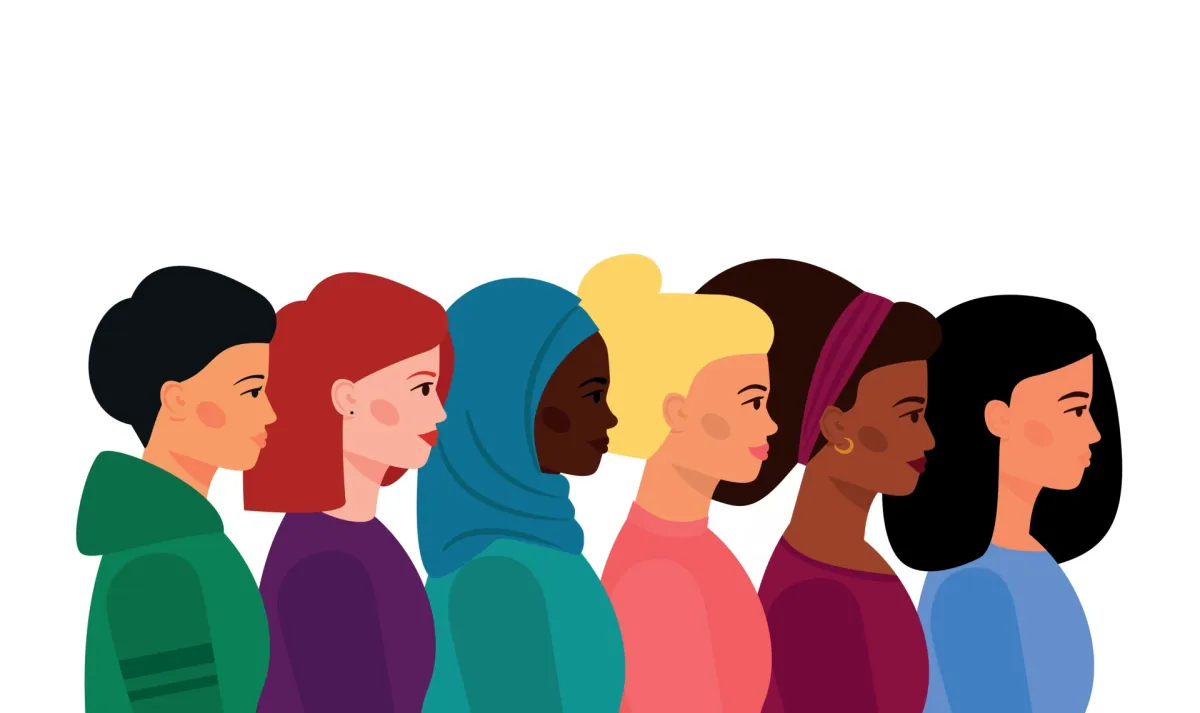Feminism
Feminism is the sociological idea that brings political equality in society by considering all sexes, campaigning for women’s rights, and defending women’s needs and interests. Feminism is essential for women and girls as long as it encounters injustice and today’s male entitlement. Equality is necessary for both men and women because it benefits humanity.
Feminism is a significant characteristic that originated to equalize men and women in society and grasp as much as possible. Aside from that, this article may help to understand the crucial facts that highlight the women’s conflict and how women strive for equality in the country. Authoritarian mindsets and women seeking rights with an understanding of prioritizing are discussed in modern cultures. Society is constantly battling for religious denominations while neglecting gender. That is why women are successfully recognized in society, understand their legal rights, and seek global social equality. It is harder for women to get all employees and use all available benefits.
The concept of feminist ideology arose in the nineteenth century, and historical records show that the fight for female rights was divided into four waves. The first wave was for education because women realized that knowledge is the foundation for confidence, recognition, and education assistance to attain the justice they require. The current wave of the feminist revolutionary comprised enormous protests, journal papers, focused dialogues, and the construction of women’s advocacy groups worldwide. By the 1920s, all European and North American republics had granted women the right to vote. Concurrently, as more women began to participate in companies and agencies outside the house, they were more interested in communist, socioeconomic, and representative republican institutions.
The second feminist movement emerged in the twentieth century when women struggled and fought for social equality and equal rights under the laws and in culture. Throughout the second feminist generation, discourse analysis emerged as an academic field, and publications documenting male sexual accomplishments in language, music, and technology and chronicling female sexual history were produced.
The third wave began in the mid-twentieth century when women demanded societal recognition and social, political, and economic responsibilities. A more profound grasp of concepts, including race, class, gender, and sexual identity, defines the third wave of feminism. There was also a heightened focus on racial issues, particularly the situation of women in foreign nations (global feminism). This age saw the birth of feminist non-governmental organisations, each of which concentrated on a specific feminist issue rather than seeking to represent general feminist ideas. The third feminist wave advertises its ideals and actions through popular music and web reporting. Its goal is to bring feminist issues to the forefront of popular culture.
The twenty-first century is regarded as the fourth wave of feminism. In this modern time, women seek the right to vote, the teaching context, and the equality of the sexes to feel involved in organizational and economic social progress. Feminism has had a favourable influence on society and the general population, improving women’s ideas and goals and bringing about a significant shift in female sexual thought. As a result, they have social and economic security and acknowledge man’s controlling rule. In the twenty-first century, the most crucial question is whether or not feminism is still relevant. In the presence of male-dominated administration, women continue to fight for authority and uniqueness. Women suffer a flood of cultural injustices and intolerance in the twenty-first century and are barred from participating in many social elements. As a result, the article concludes that feminism is still important in the 21st century.
Aside from the struggle, women have achieved success by emphasizing their prerequisites, the firm belief that as human beings, they have always had the authority and right to obtain equal legal rights in the democratic economic structure, and extending the strong message that feminism has a positive influence on society. Fighting against injustice and prejudice and getting equitable educational and career possibilities is vital.




